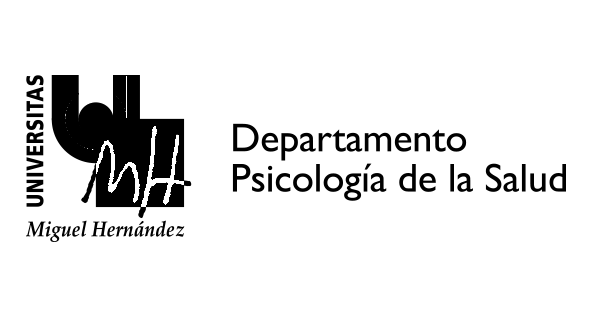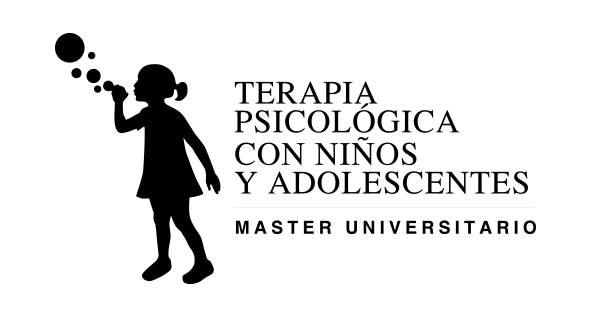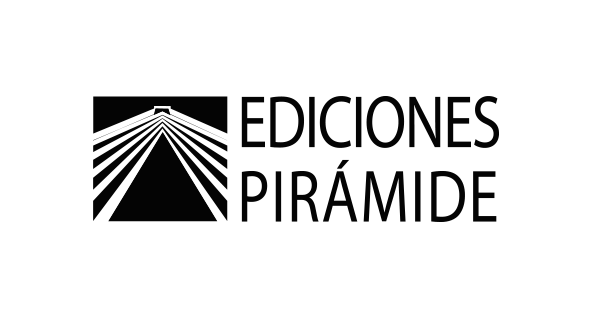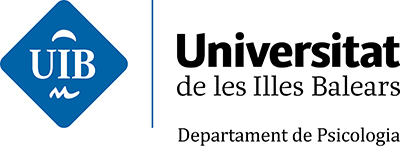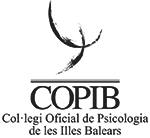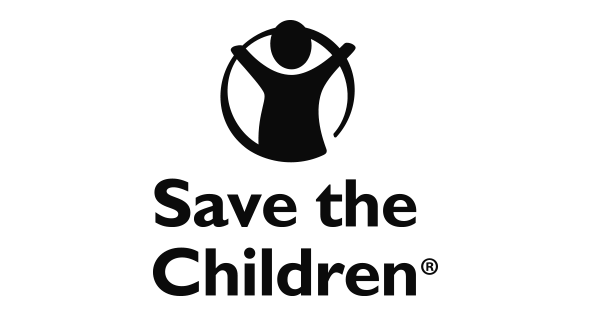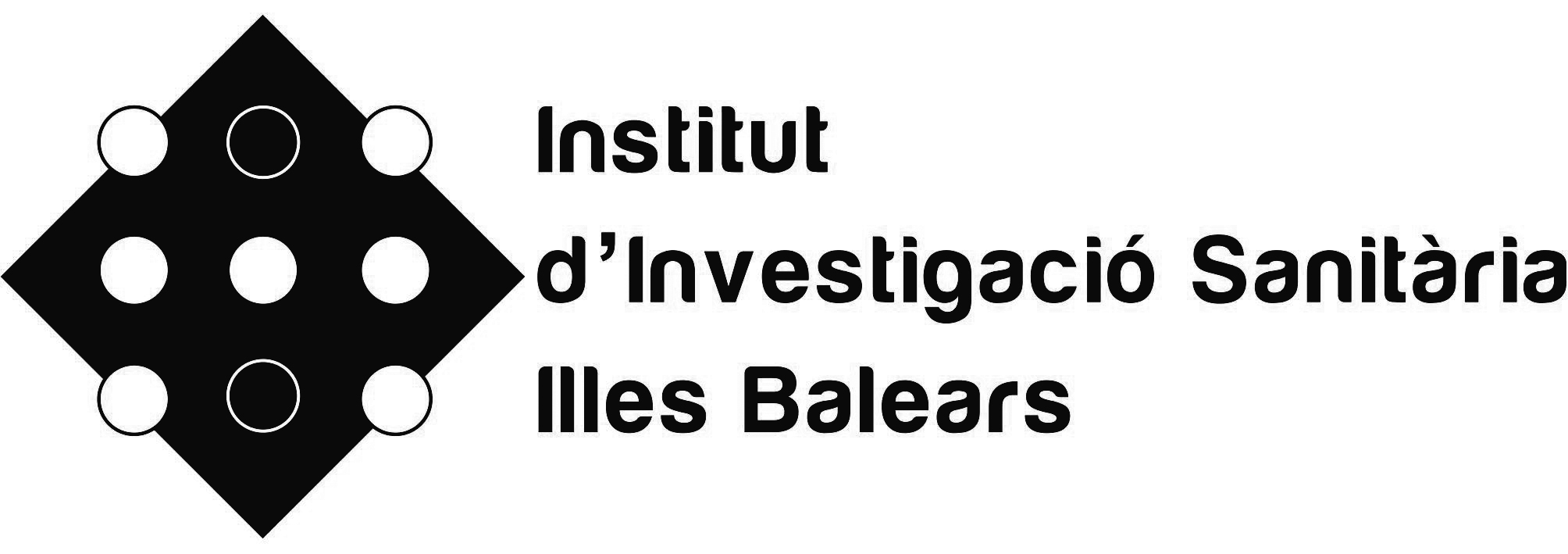Adriana Lis
University of Padova, Italy
PARENTING IN A CROSS-CULTURAL CONTEXT: PROTECTIVE AND RISK FACTORS
Abstract
Parenting – the most widely studied phenomena around the globe – is a complex construct that involves several and complex variables (Bornstein, 2002), which work individually and cumulatively to influence child’s behavior. Studies have shown that parenting and parenting practices remain a primary source of positive and negative influence of child and adolescent adjustment. However recent studies support the importance of collecting data in countries that can be culturally different (Bornstein, 1998; Russell, Hart, Robinson, & Olsen, 2003) to advance in the understanding of factors shaping parenting beyond the “classical” comparison between collectivistic versus individualistic countries. The present workshop tries to extend some issues about parenting in different cross-cultural contexts underlying the influence of some parenting variables on protective and risk variables. Prof. Liberska from Poland will focus on the analysis of a number of studies carried out in Poland on the etiology of aggressive behavior of children and adolescents due to the impact of the family structure and incorrect parental attitudes. Denise Godeanu – using a qualitative methodology- will focus her attention on the identification of Mythology of Parenting (Neuburger, 2006) in Rumanian mothers and how this variable would affect child-parent relationship. Alessandro Germani investigated authoritative and authoritarian parenting styles and their relationships with behavior problems in a sample of Italian parents of children aged 2-10 years. An authoritative style protected children from behavioral problems and the perception of the child as less stressful acted as a mediator making the authoritative style to protect better the child against behavior problems. The reverse happened for the authoritarian style. Livia Burrata assessed maternal attachment style and feeding practices in a sample of Italian mothers of underweight, normal weight, overweight and obese children. These variables seem to decrease child’s ability to self-regulate the food assumption leading to higher risk for obesity (Powell, 2017).
Adriana Lis is Senior Professor at the University of Padova from 2014. She was Full Professor at the same University and she taught Psychology of Family Relation in 2014/2015, 2015/2016, 2016/2017. Moreover, she was Professor of Psychology of family relation, Psychodynamic diagnosis, Intervention models for family relationships, Evaluation of psychotherapeutic interventions. She published over 45 national and international papers as well as several national and international books.




